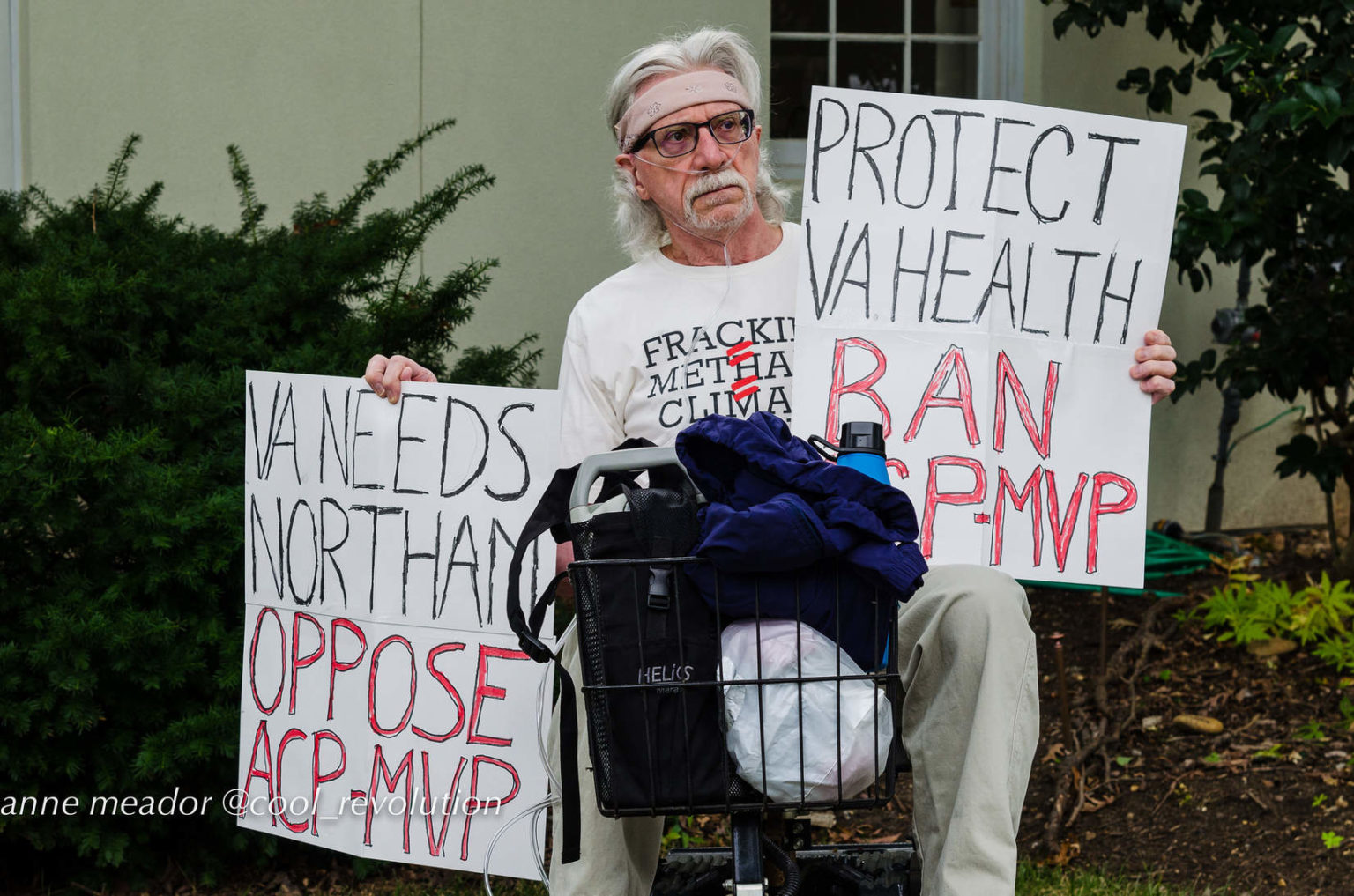Virginia’s Democratic governor-elect, Ralph Northam, announced his transition committee this week. In a press release, his office listed 85 individuals who will comprise the “bipartisan” committee, representing Virginians “from across the Commonwealth who will join him over the course of the next two months to lay the groundwork for a successful administration.”
But there is something odd about the list of people and their affiliations, or lack thereof. Dominion Energy — the state’s most powerful corporate player who will need certifications from the Northam administration for its pivotal Atlantic Coast pipeline — doesn’t appear once on the list.
If approved by the state’s regulatory bodies, the mammoth 550-mile interstate pipeline is planned to transport natural gas from West Virginia, through Virginia, and into North Carolina.
Yet a closer look at the people on the transition team reveals that some have been presented in a selective way that fails to mention their various affiliations with Dominion.
The list includes Carlos Brown, who is presented as “Member, Commonwealth Transportation Board.” But Brown has another job. He’s Vice President and General Counsel at Dominion Energy.
Next, the list includes Eva Hardy, who is presented as “Former Virginia Secretary of Health and Human Resources.” Yet Hardy served in that capacity between 1986 and 1990. Afterwards she worked as a longtime Dominion executive, most recently as a vice president. Though not currently an official company executive, Dominion still retains Hardy as a lobbyist.
Other Dominion lobbyists are listed on the transition team under similarly innocuous titles. Veteran Dominion lobbyist William (Bill) Murray, the company’s managing director of public policy, is presented as “Member, State Council of Higher Education for Virginia.”
The Other Dominion Lobbyists
Still more Dominion-linked lobbyists appear on the list. They include Edward Mullen from the firm Reed Smith, and L. F. Payne from McGuireWoods, Dominion’s longtime lobbying outfit in Washington DC.
Mark Bowles, a vice president at McGuireWoods who is not presently registered as a Dominion lobbyist, is also on the transition team.
Brian Ball, an attorney for the legal and lobbying firm Williams Mullen, is another transition team member. As DeSmog recently reported, Ball had registered a commercial business property where David Hallock, a Dominion lobbyist, owns an interest. Northam’s transition team leader, lobbyist Marianne Radcliff, also owns an interest in that business.
Aside from Dominion executives and lobbyists, the transition team includes others who have voiced support for the Atlantic Coast Pipeline and who stand to benefit from its construction.
One of the them is Matt Yonka, President of the Virginia State Building & Construction Trades Council. Yonka has repeatedly advocated for the pipeline and in January spoke at a rally in Richmond in support of the project.
Another is Dennis Martire, vice president of the labor union LIUNA’s mid-Atlantic region, who called the pipeline “a once-in-a-generation opportunity to rebuild Virginia’s middle class.”
As DeSmog reported last week, Northam’s pick to lead the transition team, Marianne Radcliff from the lobbying firm Kemper Consulting, has ties to Dominion. Apart from the business interest she shares with Dominion lobbyist David Hallock, Radcliff lobbies for Fluor Corporation, an engineering and construction firm building a Dominon power plant the company had indicated will be served by the Atlantic Coast Pipeline.
DeSmog reached out to Northam’s office but did not receive comment by the time of publication.
Image credit: Cool Revolution, via Flickr CC 2.0
Subscribe to our newsletter
Stay up to date with DeSmog news and alerts






